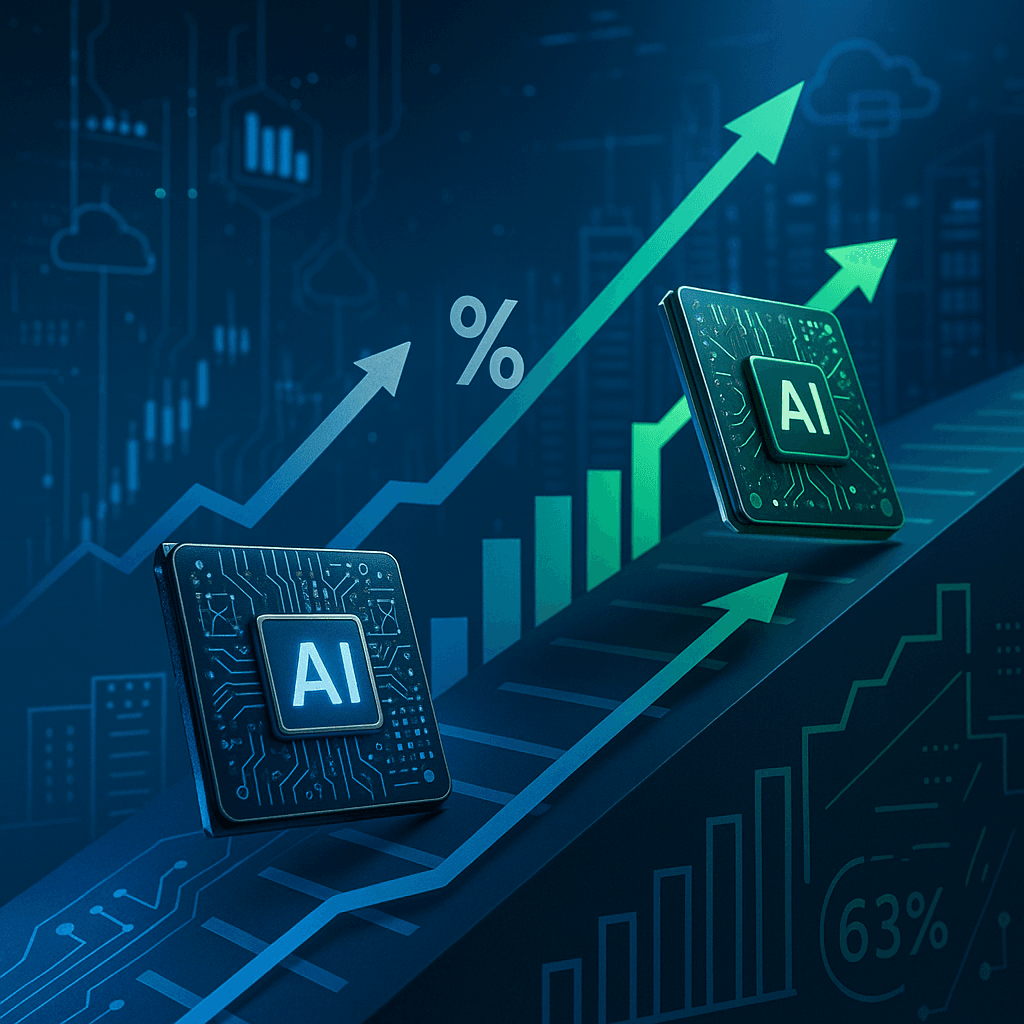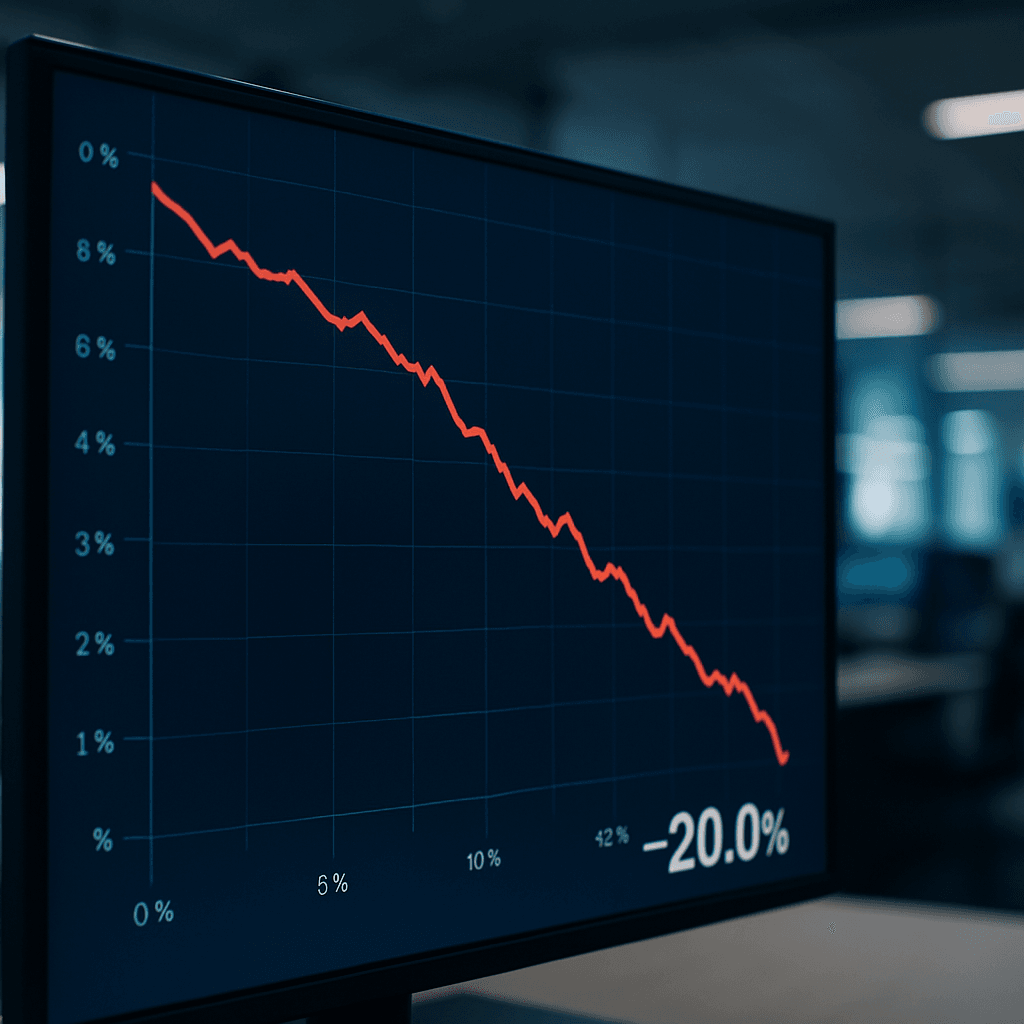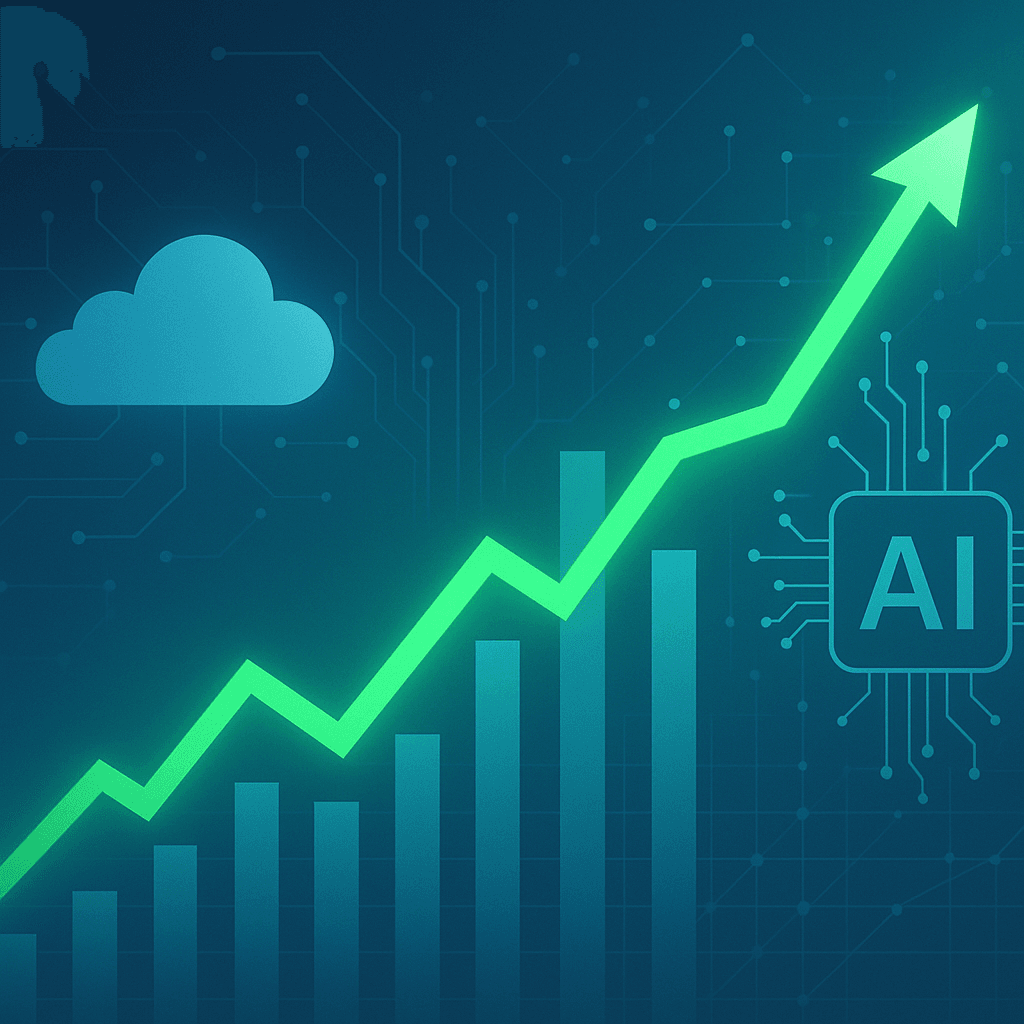Oracle just delivered one of the most stunning earnings performances in tech history, with shares exploding 40% on Wednesday after revealing a staggering $455 billion cloud backlog - more than double what Wall Street expected. The surge puts the database giant at a $950 billion valuation, tantalizingly close to the trillion-dollar club, while founder Larry Ellison briefly overtook Elon Musk as the world's richest person.
Oracle just rewrote the playbook for enterprise software earnings. The company's 40% stock surge Wednesday represents its best single-day performance since 1992, catapulting the database giant to a $950 billion valuation and putting it within striking distance of the exclusive trillion-dollar market cap club.
The catalyst? A mind-bending $455 billion in remaining performance obligations - essentially future contracted revenue - that's up 359% from last year and more than double what analysts were expecting. "The Street was looking for about $180 billion in RPO and they're talking about a number that is a multiple of that. That is astounding," Ben Reitzes, technology research head at Melius Research, told CNBC's "Closing Bell: Overtime".
This isn't just a good quarter - it's a seismic shift that has analysts scrambling to update their models. Deutsche Bank called the results "truly awesome" and raised their price target from $240 to $335, while Bank of America upgraded the stock to buy, calling Oracle's backlog "exceptional" and cementing its place as "a key AI enabler."
The numbers behind Oracle's AI infrastructure boom are staggering. The company now projects $18 billion in cloud infrastructure revenue for fiscal 2026, with an aggressive roadmap calling for $32 billion, $73 billion, $114 billion and $144 billion over the subsequent four years. That trajectory would make Oracle one of the fastest-growing cloud providers in the industry, directly challenging Amazon Web Services, Microsoft Azure, and Google Cloud.
What's driving this unprecedented demand? Oracle's strategic positioning in AI infrastructure, particularly its access to Nvidia's coveted GPUs that power large language models and AI workloads. While competitors like Microsoft, Amazon, and Google are scrambling for GPU allocation, Oracle has secured significant capacity that's now translating into massive enterprise contracts.












